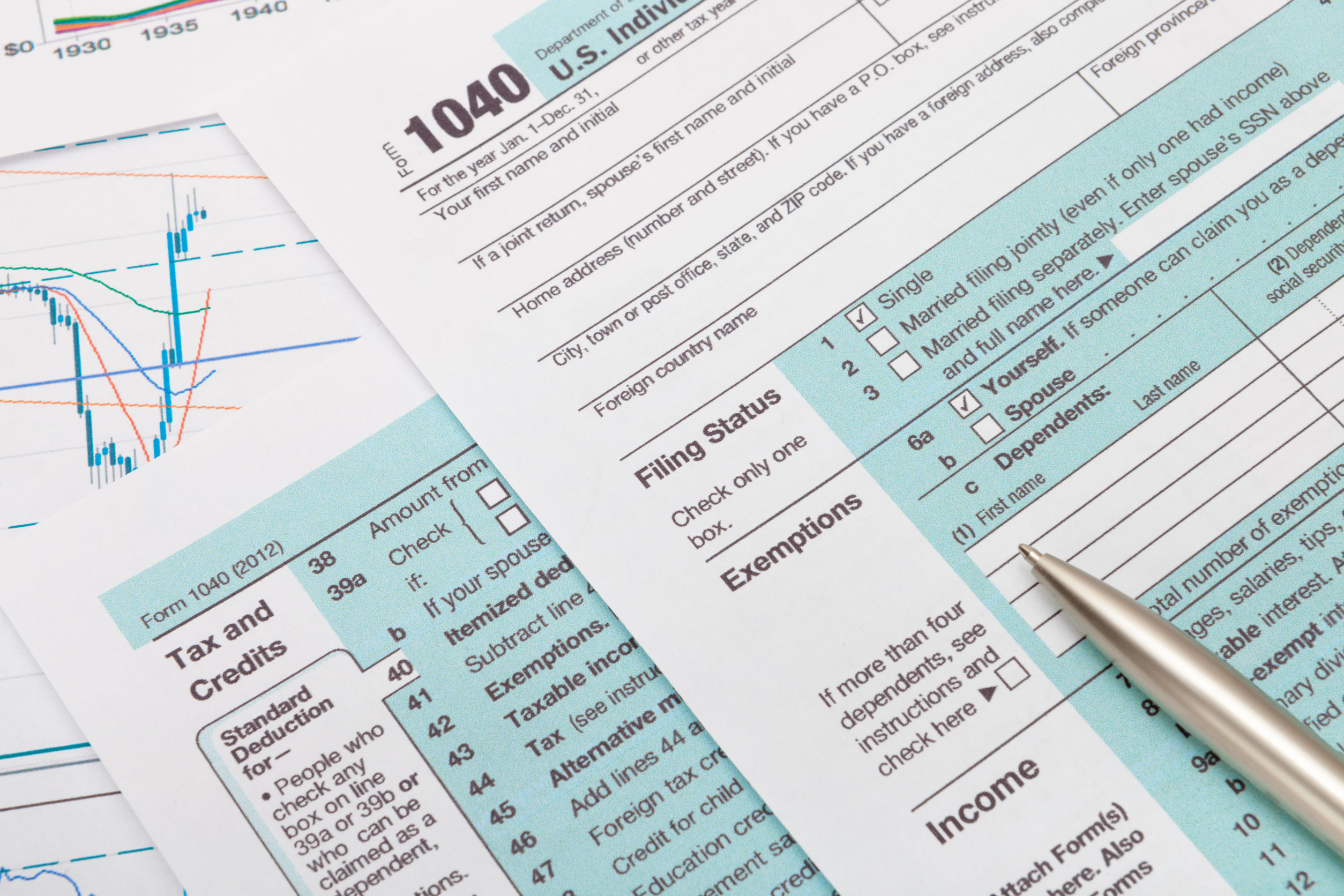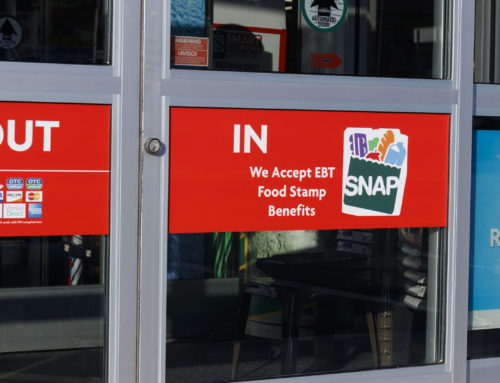There are, as usual, a number of tax-related issues to consider when you’re unemployed. Some can help you survive in the short-term, while others will simply add to your expenses. Fortunately, even in these circumstances, the Internal Revenue Service will often work with you to find a solution that gives you a little more breathing room in times of crisis via tax deferrals.
Are unemployment benefits taxable?
Yes, your unemployment benefits are considered taxable income. According to Intuit TurboTax, “Unemployment benefits are included along with your other income such as wages, salaries, and bank interest.”
State unemployment divisions issue an IRS Form 1099-G to each individual who receives unemployment benefits during the year. In this form, you’ll see the total amount of your compensation reported in Box 1.
Federal income tax is withheld from unemployment benefits at a flat rate of 10%. Depending on the number of dependents you have, this might be more or less than what an employer would have withheld from your pay.
Are you owed a refund?
According to Tax Act, “if you’ve been having income tax withheld from your pay for a substantial portion of the year already, you may be way ahead on paying taxes for this year.:
In the U.S. tax system, higher levels of income are generally taxed at much higher rates.
This means that when your employer calculates your tax withholdings, they’re making the implicit assumption that you’re going to earn the same amount throughout the year.
If you’ve been furloughed or laid off and end up making less throughout the course of the year, there’s a decent chance you may receive most if not all of your income tax withheld back as a refund.
Of course, you can’t reap the benefits of these tax refunds right away. You’ll have to wait until the end of the year for that. However, you or your spouse may be able to make adjustments to avoid excessive withholding and give you more cash in your pocket in the near-term.
Can you defer tax payments?
While the words “Internal Revenue Service” strikes fear in the hearts of many, the truth is that they’re remarkably flexible and accommodative for taxpayers experiencing financial hardship.
The key is open communication. If you file your taxes on time and clearly communicate the nature of your situation, you may qualify for an installment agreement.
According to the IRS, “A payment plan is an agreement with the IRS to pay the taxes you owe within an extended timeframe. You should request a payment plan if you believe you will be able to pay your taxes in full within the extended time frame. If you qualify for a short-term payment plan you will not be liable for a user fee.”
There are two types of payment plans, a short-term option, and long-term option. Short-term plans require payment within 120 days and are free to set up and administer. Long-term plans (also called installment plans) can spread your payments out over 72 months in some cases and cost between $10 and $89 to set up, depending on whether you’re completing the process online or over the phone.
These payment plans can go a long way toward helping you better manage your cash flow when times get tough.







Leave A Comment